12 absurd but true facts about the Chukchi that will surprise you
Categories: History | Nations | Society
By Pictolic https://pictolic.com/article/12-absurd-but-true-facts-about-the-chukchi-that-will-surprise-you.htmlHave you ever wondered how the inhabitants of Chukotka live? What is their culture, customs, what do they like and how do they contact the outside world? It turns out that these people are very different from us, and what seems to be the norm for them would cause us shock and misunderstanding!
Don't you believe it? Then see 12 true facts about the Chukchi and their lives.
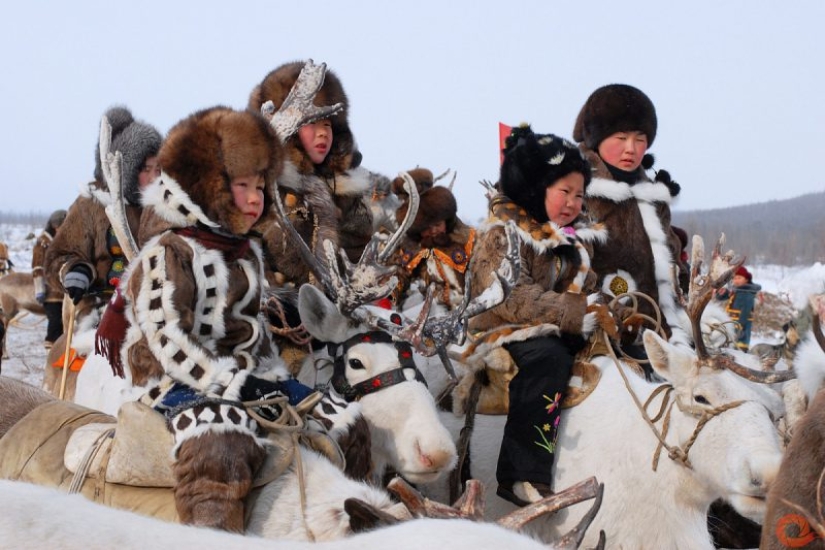
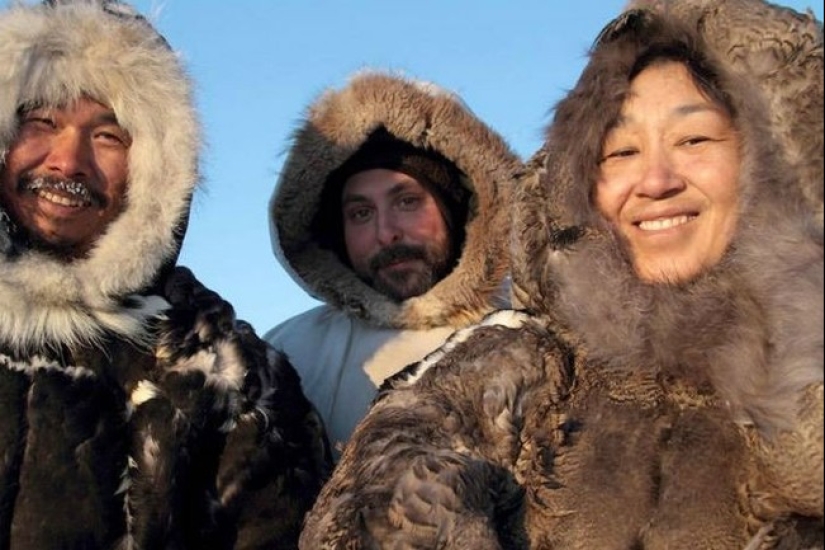
Back in the 50s of the XX century, if you believe the records of ethnographers, the Chukchi lived literally in the mud, and there were more lice on them than on any yard dog. Now the representatives of the indigenous people of the north-east already observe the rules of hygiene, but they did not have the need to use deodorant, and they do not have to this day. The thing is that the sweat of the Chukchi has no smell.
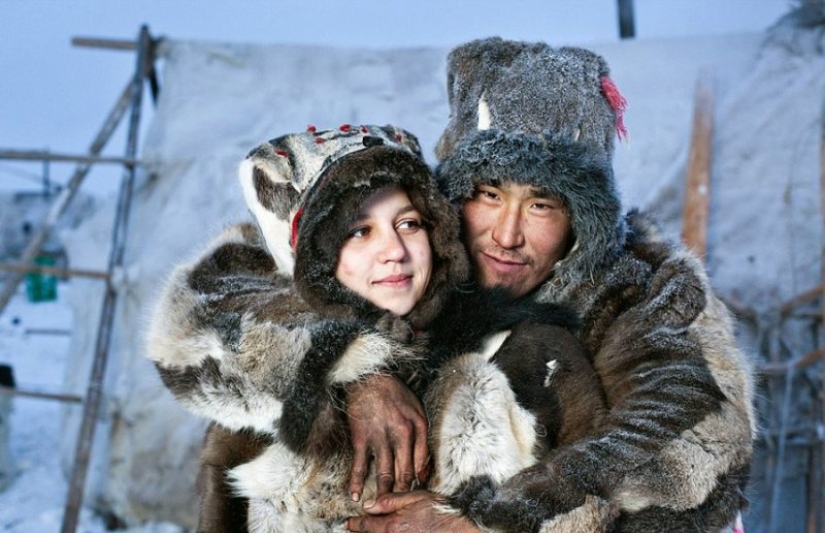
Speaking of smells, it turns out that the Chukchi have a very good sensitive sense of smell. Perhaps because sniffing each other here often replaces hugs. For example, a Chukchi father, when leaving for work, put his nose to the necks of his wife and children in order to inhale the smell of their body and clothes. And even during the years of the wars between the Koryaks and the Chukchi, the latter managed to determine who they belong to by the smell of bones alone: their own or someone else's.
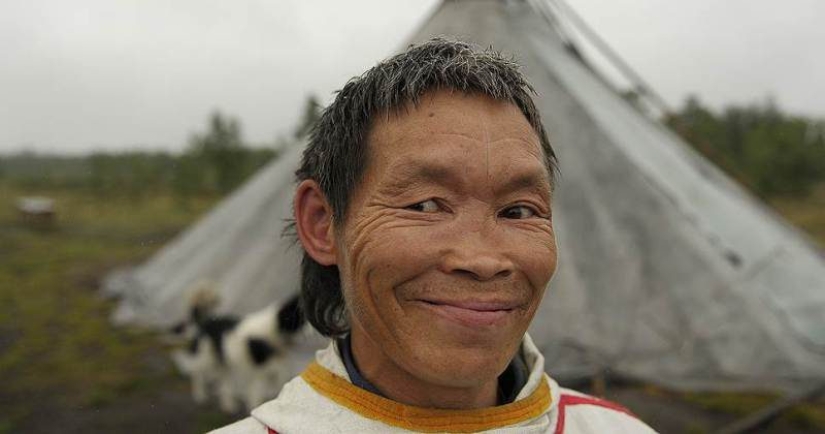
Many joke that the Chukchi are the first "swingers", famous stories. In fact, it is. Through the exchange of wives, they consolidate friendly ties. This ritual is called "ngevtumgyn" (which means "friendship for a wife"), and the man himself who makes the exchange is "ngevtumgyt". You can read more about this shocking tradition for us in another material.

What will you do if you see a person drowning? Surely, you will either call for help, or rush to help yourself, as a last resort, throw a lifeline to the poor guy and wish him luck. But the Chukchi will not help in any case. All because they believe that the strongest spirits live in the water, who themselves have the right to control the fate of a person. And to obstruct the decision of the spirits is to bring trouble upon yourself.
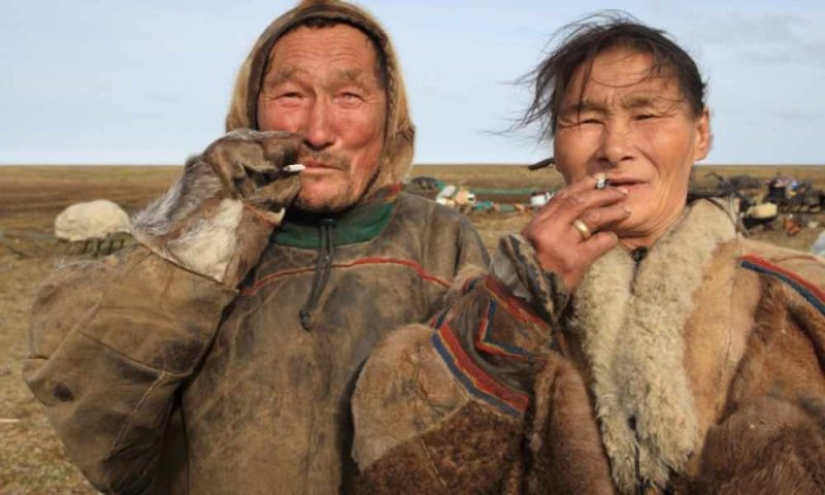
And spirits again! According to the Chukchi, these supernatural beings could live not only in water, but also in all other phenomena and objects. And they are also able to control people's behavior — for example, for no reason at all, a man could feel the desire to change gender and become a woman. The "transformed" person was treated with respect, because it was believed that he managed to achieve a connection with spirits.
By the beginning of the XX century, this custom had completely outlived itself.

Another custom that has long ceased to exist is the nomadic way of life among the peoples of the far northeast. Once the Chukchi settled in chums — low tents made of leather, with holes for ventilation, which were plugged with fur. Chukchi reindeer herders moved these houses from place to place — to where their herd was going. Surprisingly, it was very warm and even hot in the very center of the plague — people could be naked in them.
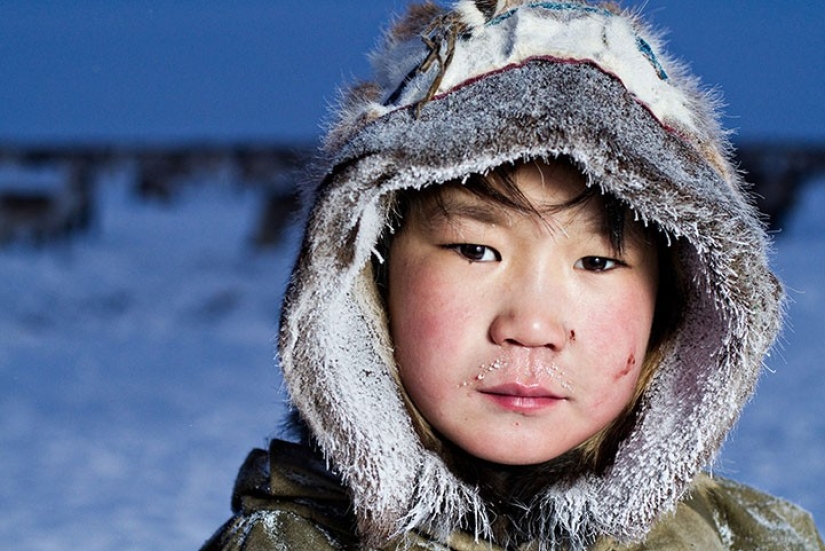
Perhaps the fact that the Chukchi live in conditions of extreme temperatures, and was the reason for their excellent tolerance of cold. Here, small children can play outdoors without any problems, and women, even in a 30-degree frost, go outside and do sewing. Moreover, they do it so vigorously that often by the middle of the process they have to throw off their outerwear and put snow in their bosom to cool off.

It's no secret that the cuisines of different peoples of the world have their own peculiarities: for example, Scandinavians are very fond of rotten fish, and Asians like boiled duck eggs, in which the future fruit has already formed. But, it turns out, the Chukchi also have something to surprise! These people do not tolerate salt, and soft bread seems sour to them, but hot soup with semi-digested moss extracted from the stomach of a deer is considered a delicacy here.
The Chukchi also like fermented meat, sorrel porridge, seal fat, various roots and entrails of animals. In general, if you are going to go to Chukotka, be ready for culinary experiments.
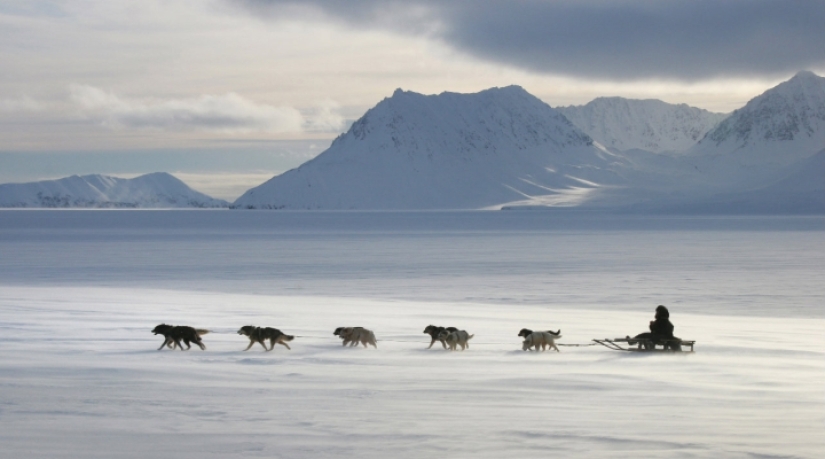
Until the 20th century, the people of this northern people could distinguish only a few colors - white, black, red and gray. The fault is the lack of color diversity in the surrounding nature. Sometimes they also saw a yellowish tinge in the deer skin, but they could not distinguish all other colors well. Another color perception appeared in the Chukchi after they mastered the Russian language.
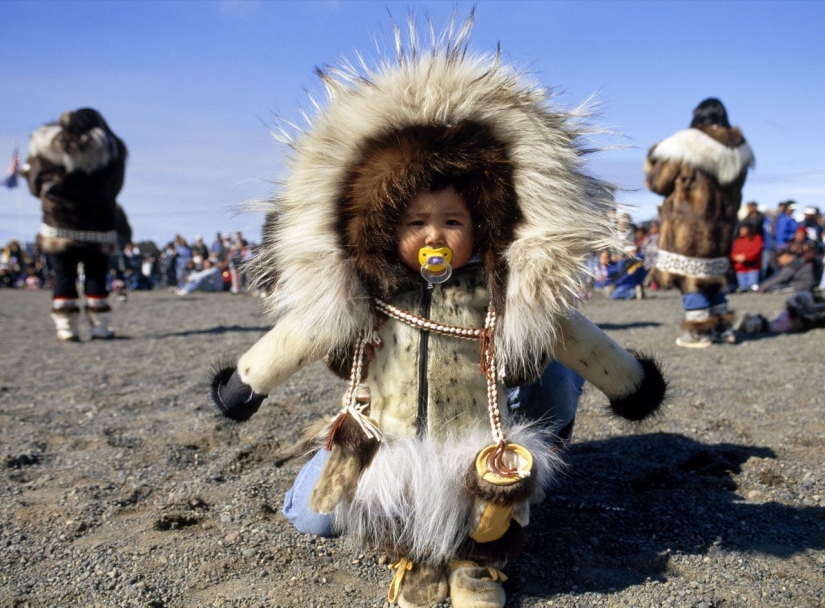
Local women used a rather unusual way of swaddling infants, which is essentially a primitive prototype of a modern diaper. Mothers placed a special "lining" made of moss and deer fur in the overalls of infants, which absorbed the waste products well and at the same time protected them from the cold.
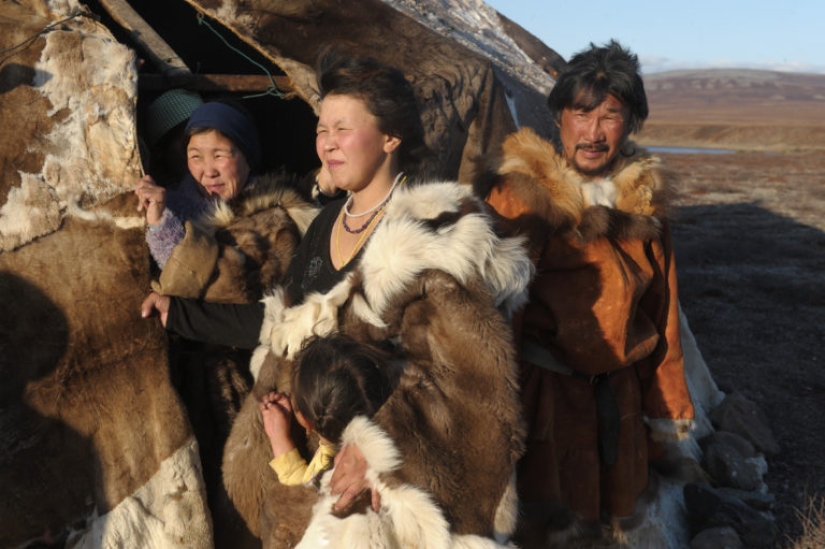
Chukchi women are forbidden to demonstrate their pain in any way during the birth of a child. On the contrary, the expectant mother should stoically withstand this process, cut the umbilical cord on her own, throw out the afterbirth and do everything for the newborn without asking for help. If the spouse decides to help her, then for the rest of his life he will gain the fame of a "midwife". A mother who could not cope with childbirth on her own will also be reproached and periodically reminded of it.
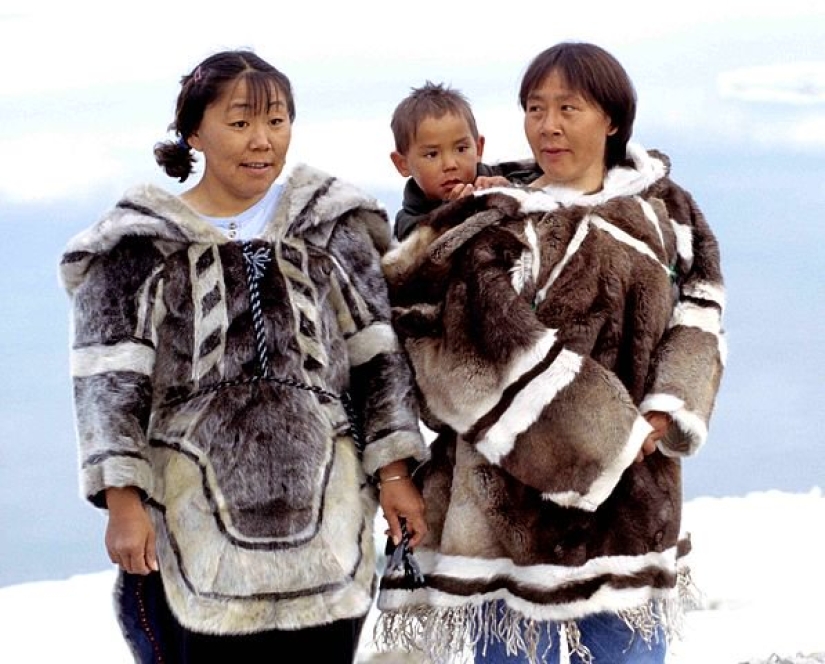
Local children could be given a variety of names ranging from natural phenomena, ending with the names of things and animals. Sometimes the boy could be called a "male sexual organ", and there was nothing shameful about it — the Chukchi treated the naked bodies and its individual parts quite calmly. Since they had only one name (without a first and last name), when receiving passports, they wrote it down as a surname, and chose the first and patronymic to their liking.
Keywords: Interesting | Small nations | Nationality | Custom | Traditions | Facts | Chukotka | Chukcha
Post News ArticleRecent articles

It's high time to admit that this whole hipster idea has gone too far. The concept has become so popular that even restaurants have ...

There is a perception that people only use 10% of their brain potential. But the heroes of our review, apparently, found a way to ...
Related articles

Various anomalies are always exciting and interest! Don't you would like to see a man with 30 fingers or a rare natural phenomenon ...

Everything is changing. This is well and has long been known to everyone. But when something stays with you for a long time, it is ...

One of the most famous sayings of Horace says: "no One can know everything!". And we completely agree with his opinion. Every day, ...

New Year's is a time to surprise and delight loved ones not only with gifts but also with a unique presentation of the holiday ...